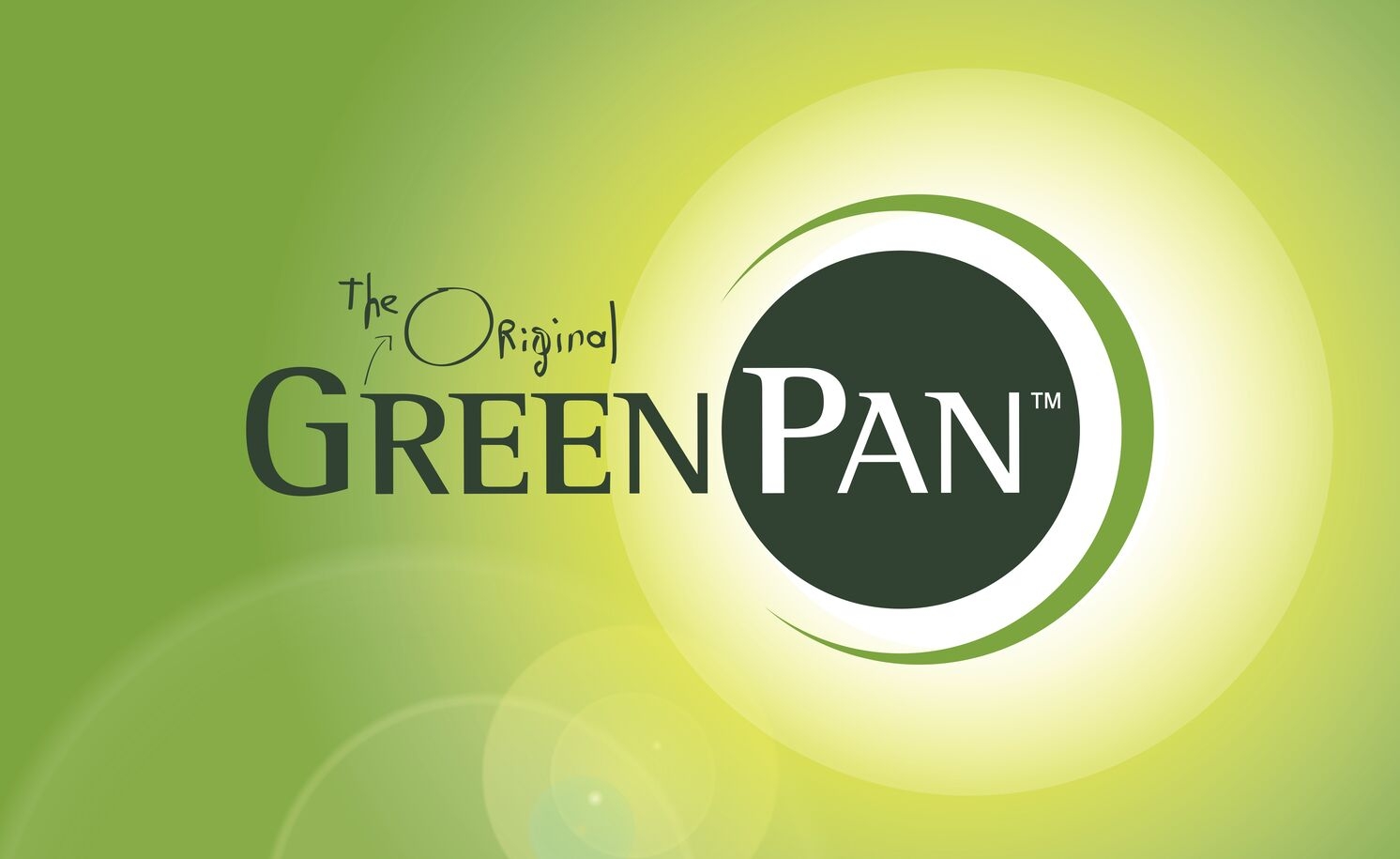Information about breast cancer
It's not just pink - women testify about their breast cancer story
Several women share their breast cancer stories. Watch the stories of Sofie, Patsy, Denise, Albana, Els, Denise, Jeannin, Christelle, and Irène.

Sofie seeks positivity despite her diagnosis
She wrote a book about being terminally ill to encourage others in the same situation.
"I try to identify the enjoyable moments in my life as a common thread."
Patsy was 44 when faced with breast cancer
She continues to receive treatment in hopes of controlling the disease.
"For my partner, this was also a very heavy blow."
Albana was diagnosed with breast cancer more than 15 years ago
She relapsed multiple times with metastases in lungs and bones.
"I always, even when I was sick, cleaned up, and tried to look good."
Els has been living with breast cancer for more than 20 years.
Since 2022, there have been metastases in her peritoneum. She tries to live mostly in the now.
"Cancer is part of my daily life. I live more today and tomorrow."
Denise was diagnosed with triple negative breast cancer in 2020
Fortunately at an early stage. So far, everything remains stable.
"It went from, 'oh, that's not too bad,' to 'oy, this is really serious,'" he said.
Jeannin has been living with breast cancer for 9 years and with metastases for 5 years.
She draws strength from her love of flower arranging and remains positive despite the constant threat of relapse.
"You can always be in a relapse, but I try to push that away from me."
Christelle was diagnosed with triple negative breast cancer when she was 34.
At 40, the cancer returned, but after treatment, she is again in remission.
"Théo looked at me and said, 'Mommy, are you sick?' He had understood without us having to say it."
Irène was diagnosed with breast cancer in 2011.
Ten years later came a lung metastasis. But she does not sit still.
"I forgot about my cancer and thought, I'm not going to die because I'm moving," he said.
Continue reading

Hereditary breast cancer
In about 5 to 10% of people with breast cancer, heredity plays an important role. They have inherited a breast cancer gene that greatly increases the risk of the disease.

Seven questions about triple-negative breast cancer
A breast cancer diagnosis instills fear, and triple-negative breast cancer even more so. What makes this type of breast cancer so different?

Hereditary breast cancer is not a doomsday scenario; there are solutions
Ten percent of all breast cancers are hereditary. That means there are abnormal genes in the hereditary material that greatly increase the risk of breast cancer. The best-known breast cancer genes are BRCA1 and BRCA2 (BRCA stands for BReastCAncer). They are passed down from generation to generation. Men can also inherit these genes and pass them on to their offspring. Moreover, both breast cancer genes are dominant. If one of your parents carries the gene, you have a 50 percent chance of inheriting it.

.png)
.png)












.png)
















